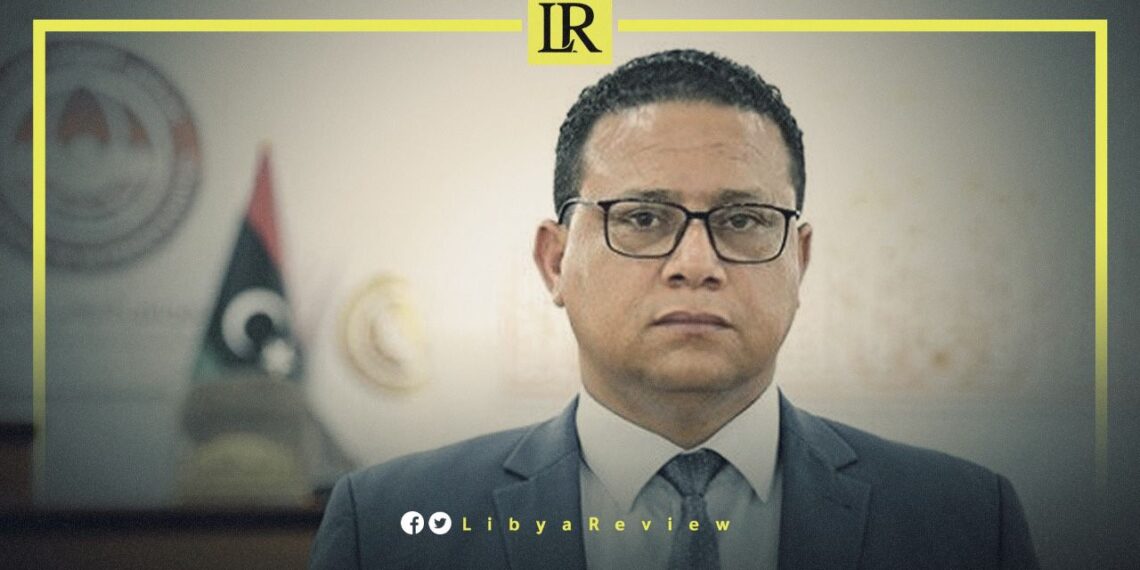On Tuesday, the spokesperson for the Libyan House of Representatives, Abdullah Blehaig, highlighted growing concerns among Libyans regarding the initiative proposed by Abdoulaye Bathily, the UN envoy to Libya.
According to Blehaig, this initiative is increasingly viewed as an obstacle to achieving a political resolution, which has been in a state of flux since the 2011 overthrow of Muammar Gaddafi.
The Parliament spokesman, during a press conference, recognised the need for bringing Libya’s primary stakeholders around the same table. However, he underscored the pervasive lack of trust and the reluctance of these factions to compromise, which significantly hampers the progress toward a unified Libya.
In addition, he identified the House of Representatives and the High Council of State (HCS) as essential actors whose consensus is vital for breaking the political stalemate- as outlined by the Libyan Political Agreement.
He suggested that applying international pressure, particularly through the United Nations Security Council, could serve as a means to encourage these entities toward compromise and collaboration.
Blehaig criticized the operational approach of the United Nations mission in Libya, accusing it of merely managing the crisis rather than actively working towards resolving it. He attributed this stance to conflicting international interests and agendas in Libya, with notable interference from global powers such as the United States, the United Kingdom, and France.
Libya’s struggle for stability and unity in the aftermath of Muammar Gaddafi’s fall in 2011 continues to be exacerbated by political divisions and external interventions.
The global community, through efforts like those of the United Nations, has been striving to mediate and propose solutions to bring about a cohesive governance structure in Libya. However, the intricate web of internal and external challenges persists in obstructing these endeavors.
As Libya stands at a critical juncture, the effectiveness of international initiatives, such as that proposed by Bathily, and the willingness of Libyan factions to engage in meaningful dialogue and compromise, remain pivotal questions.
The journey towards achieving peace and stability in Libya is rife with obstacles, yet it is the hope of many that through sustained diplomatic efforts, the nation can navigate its way out of political impasse and towards a harmonious future.


